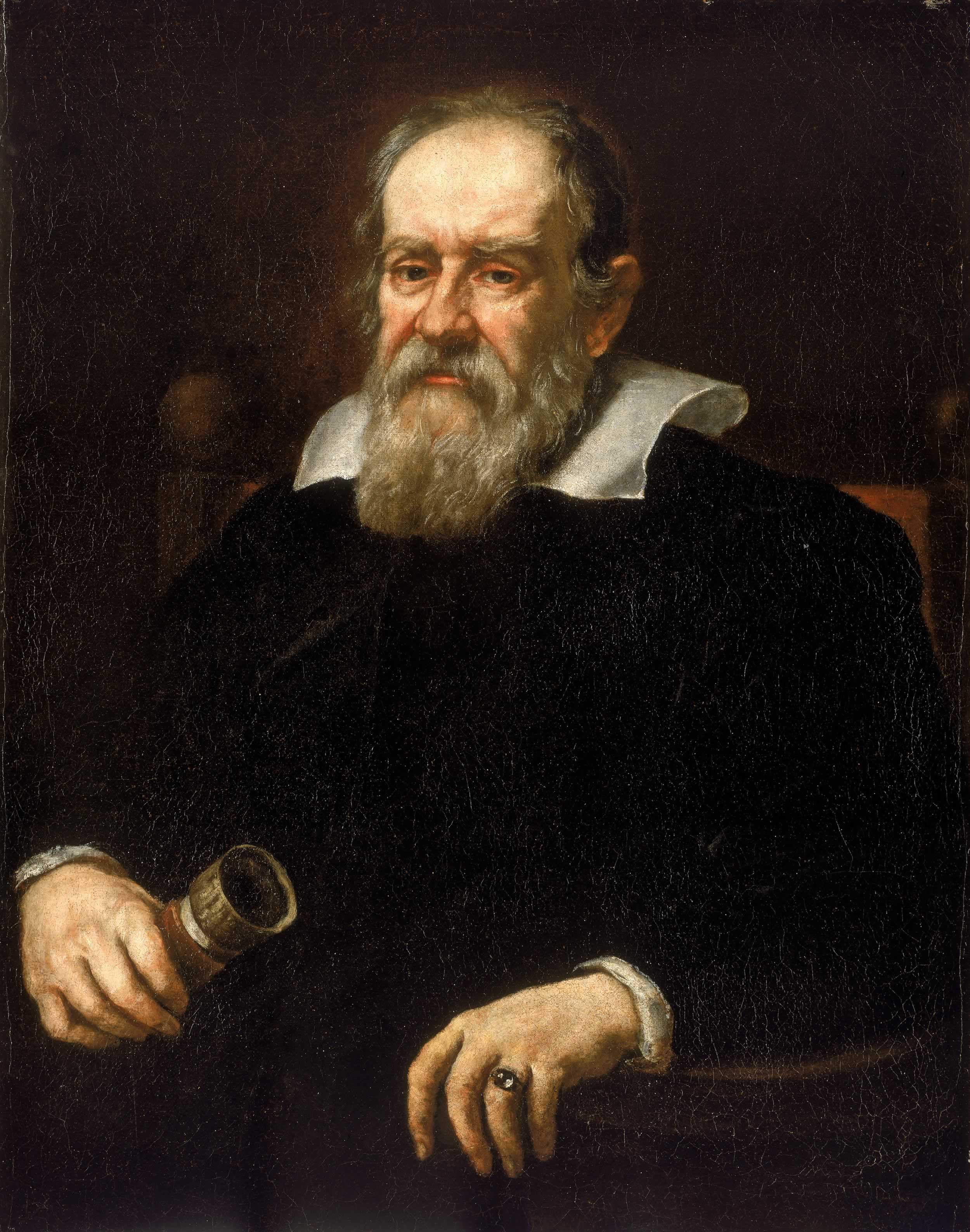Post Author: Bill Pratt
One of the most fascinating discoveries of modern science has been that the universe is finely tuned to support human life. Philosopher of science John Lennox, in his book God’s Undertaker, notes that “this perception on the part of scientists, that the universe has to be very precisely structured in order to support life, has been called the anthropic principle.”
Christian theists argue that this fine tuning calls for an intelligent creator of the universe as an explanation. How do non-theists respond to the fine tuning of the universe?
Lennox explains:
Some scientists and philosophers maintain that we ought not to be surprised at the order and fine-tuning we see in the universe around us, since if it did not exist then carbon-based life would be impossible, and we would not be there to observe the fine-tuning. In other words they use the anthropic principle against the inference of design. In fact, Richard Dawkins in The God Delusion tells us that the anthropic principle and God function as alternative explanations.
One response, then, to fine tuning, is to say that we should not be surprised at fine tuning because if there were no fine tuning to explain the origin of intelligent observers, then we would not be alive, as intelligent observers, to observe the fine tuning. Does this really explain anything, though? This explanation seems like a sleight of hand, or no explanation at all. Lennox reveals why we feel this way:
All the anthropic principle does is to tell us that for life to exist, certain necessary conditions must be fulfilled. But what it does not tell us is why those necessary conditions are fulfilled, nor how, granted they are fulfilled, life arose. Dawkins is making the elementary mistake of thinking that necessary conditions are sufficient. But they are not: in order to get a first class degree at Oxford it is necessary to get into the University; but, as many students know, it is certainly not sufficient. The anthropic principle, far from giving an explanation for the origin of life, is an observation that gives rise to the need for such an explanation.
One of the easiest ways to see that the anthropic principle, by itself, is not a sufficient explanation, is by reviewing an illustration given by philosopher John Leslie. He says that using the anthropic principle against the design hypothesis
sounds like arguing that if you faced a firing squad with fifty guns trained on you, you should not be surprised to find that you were alive after they had fired. After all, that is the only outcome you could possibly have observed – if one bullet had hit you, you would be dead. However, you might still feel that there is something which very much needs explanation; namely why did they all miss? Was it by deliberate design? For there is no inconsistency in not being surprised that you do not observe that you are dead, and being surprised to observe that you are still alive.
Rather than give an explanation of the fine tuning of the universe, the anthropic principle merely invites us to ask for a real explanation. I think we would all like to know why all 50 people in the firing squad missed us.
 Some skeptics of Christianity are known to argue that the great success of science revealing the physical mechanisms of the universe should lead us to conclude that the God hypothesis is totally unnecessary. Science will ultimately reveal the laws of nature, and once we know these laws, the need for God has vanished. Does that follow?
Some skeptics of Christianity are known to argue that the great success of science revealing the physical mechanisms of the universe should lead us to conclude that the God hypothesis is totally unnecessary. Science will ultimately reveal the laws of nature, and once we know these laws, the need for God has vanished. Does that follow? The Galileo affair has often been put to work to demonstrate that religion has always been at war with science. But what really happened to Galileo? Does what happened to him prove that religion – Christianity in particular – has always been in conflict with science?
The Galileo affair has often been put to work to demonstrate that religion has always been at war with science. But what really happened to Galileo? Does what happened to him prove that religion – Christianity in particular – has always been in conflict with science?